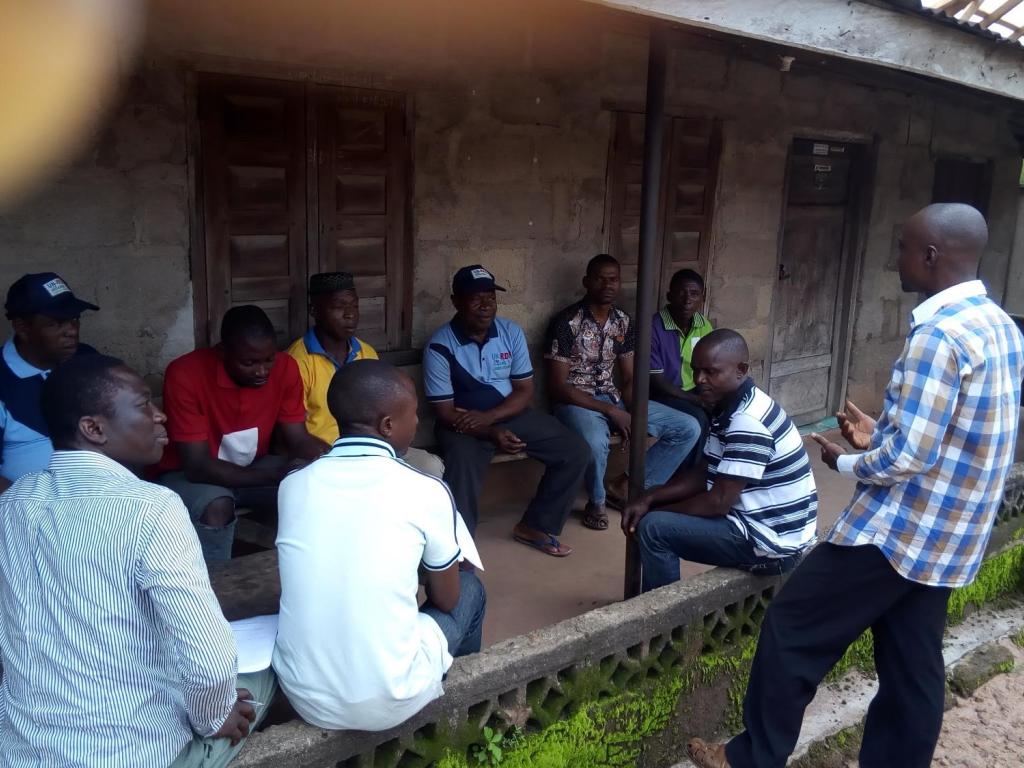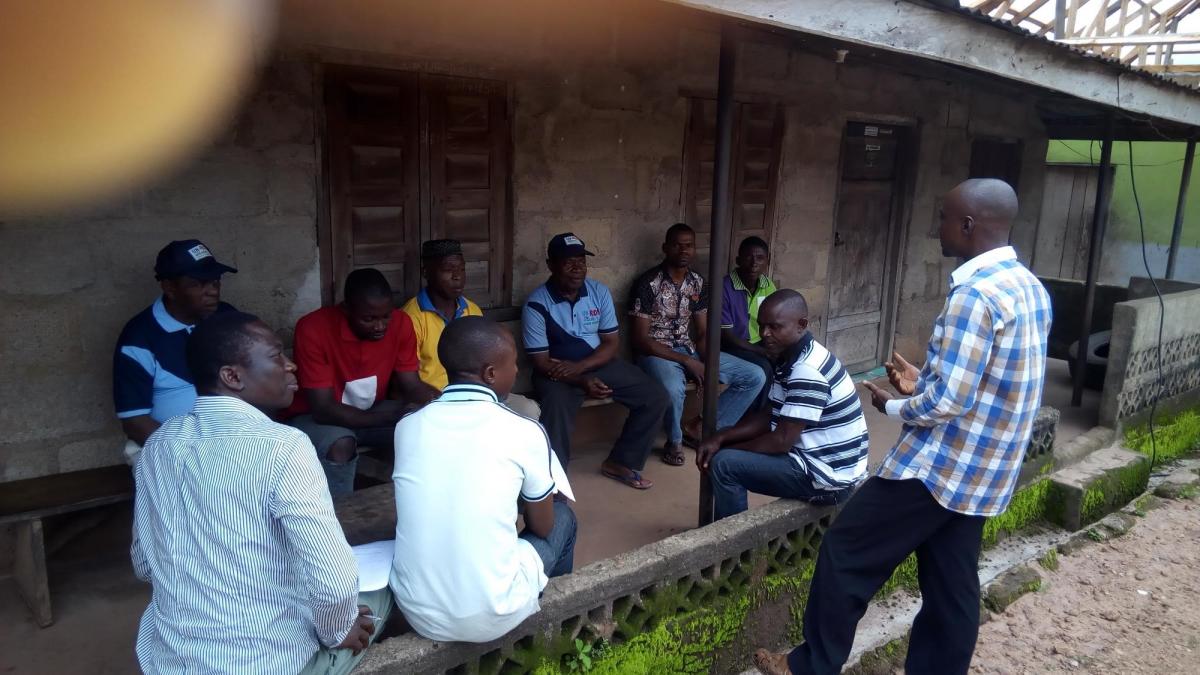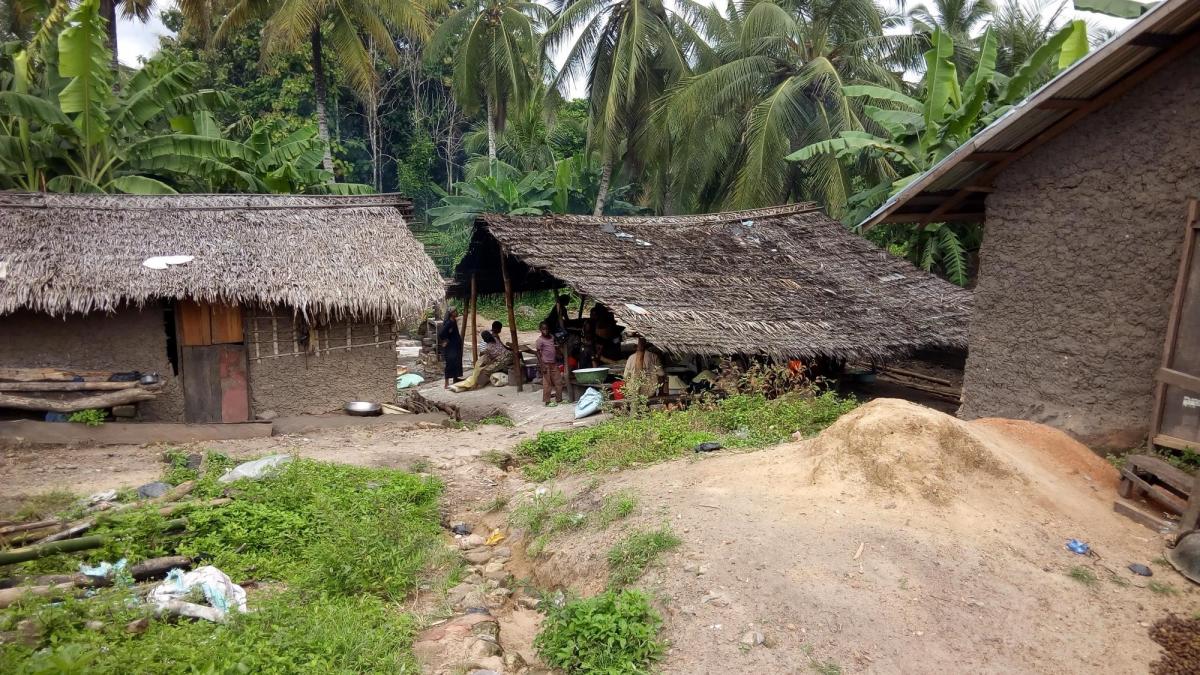Is the concern about corruption in climate change and, therefore, fiduciary standards, justified?

By Olushola Fadairo
Climate change is arguably the world’s greatest ever challenge. The response to climate change has therefore ushered in a new era in international financing, demonstrating the growing concern by the international community for the global warming challenge and its attendant consequences on the people,and the environment. Martin and Elges in a paper titled “Protecting climate finance: an anti-corruption assessment of the forest carbon partnership facility,” documented that donor governments provided more than US $30 billion in climate finance between 2010 and 2012 with a renewed commitment in 2009 to increase the annual cash transfer to US$ 100 billion by 2020. For Sub-Saharan Africa (SSA), a recent CFU data (www.climatefundsupdate.org) indicates that US$ 2.67 billion has been approved for 458 projects and programs throughout the region since 2003. In similar vein, United Nations Environment Programme in its 2015 report implied the likelihood of increasing the funding for Sub Saharan Africa to US$50 billion per year by 2050.
Climate finance could therefore be said to have entered a key phase, with new funds and opportunities alongside greater momentum plus promising future projections in international agreements about how to tackle climate change. But, there are concerns about the flow of climate finance from Climate Funds to the sectors and people most vulnerable to climate change in SSA as the gap between funds approved and those disbursed in the region remains substantial. For instance, the first comprehensive ODI’s ranking of the 135 countries receiving multilateral climate finance in the last decade (www.odi.org/sites/odi.org.uk/files/odi-assets/publications) shows that finance has been fairly concentrated among the top few recipients such as Morocco, Mexico, Brazil, South Africa and India while majority of the SSA countries, and worse still, more fragile states such as the Cote d’Ivoire and South Sudan have been left behind.
These challenges have been linked to capacity of national institutions to manage and spend multilateral climate finance well; hence certain fiduciary standards are required to be met before the approved funds can be accessed for climate adaptation and mitigation projects and services. This poor level of trust about the governance capacity of the affected countries is not unlikely to be as a result of the unfavourable media projection/framing about most of these countries as evidenced by the common rhetoric they have often been described such as backward, corrupt, poor and undemocratic.
Giving the pivotal role finance plays in supporting developing countries to reduce emissions, decarbonise their economies, and adapt to the impacts of climate change; one is left to wonder if the paltry sum that most of the SSA countries are able to access is anyhow significant in delivering successful outcomes needed to build consensus on the imperative to take action in response to climate change. Otherwise, how relevant then are these fiduciary standards to the overall goal of tackling the challenge of climate change at the critical juncture we are in today? Are they really very necessary? Is the concern about corruption or lack of transparency in climate change intervention genuine or exaggerated?
Evidence from a recent research engagement with forest-dependent communities in Cross River State, Nigeria on their experiences with an on-going Climate Fund Project (REDD+) suggests that the requirements for fiduciary standards by multilateral Climate Funds may not after all be completely unwarranted. This is as a result of the poor level of trust reposed in the local implementing agency and its officials by the expected beneficiaries of the project arising from their experiences of engagement with them so far. For instance, only seven, representing 3.7% of the household heads, interviewed in the communities expressed strong confidence that the project may lead to the provision of the required benefits (e.g. carbon credit) for communities to reduce rates of deforestation and conserve forests while more than half (52.9%) were either unsure or very negative in their confidence. In similar vein, a leader from one of the communities, while expressing doubts about the sincerity of the REDD+ local implementing agency, remarked the following during a Focus Group Discussion session:
“For many years now, we have been waiting for the promised carbon credit. What we got instead were fez caps and t-shirts. Some even died in the process of the long wait without receiving the promise. We hope those of us who are still alive will witness the fulfilment of the promise so we can tell those who have departed when we later meet that the carbon credit eventually came”.
The foregoing compares well with a report on REDD+ corruption risks assessment among stakeholders in Kenya (www.unredd.net/index.php?option=com_docman&task=d), which reveals that the greatest concern of stakeholders lies with misuse of funds, primarily by the central government, and others engaged in REDD+ projects. The report shows that about 80% of respondents indicated low level of confidence that the revenues received by the government will be transparent and well managed.


Although the evidence highlighted in this report are not direct measures of instances of corruption in the REDD+ project implementation in the area, but are very important proxies for gauging how transparent the implementation process has been so far, especially in the aspect of its engagement with the target beneficiaries. While the multilateral climate funds appear justified in respect of the set fiduciary standards, these standards however might be counter-productive in the long run with regards to the overall goal of minimising the threats posed by climate change. Therefore, fiduciary standards might not be a sustainable measure to address the worries of poor transparency and weak governance institutions in most SSA countries.
Olushola Fadairo, is a Post-Doc. CIRCLE Visiting Fellow at the African Climate and Development Initiative, University of Cape Town. His fellowship is funded by the UK Department for International Development. Neither the findings nor the views expressed, however, necessarily reflect the policies of the UK Government.
Image credits: Olushola Fadairo
Disclaimer: The views expressed here are solely those of the author in his private capacity